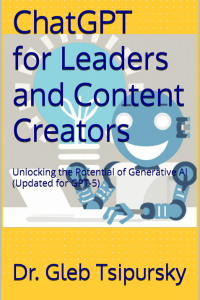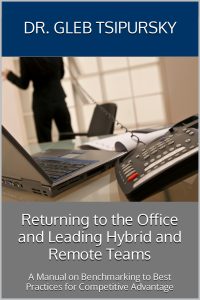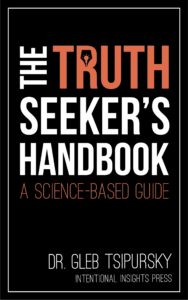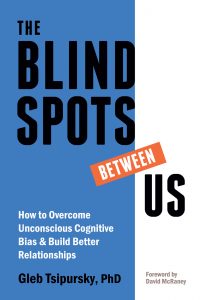Gen AI success starts with a growth mindset and continuous upskilling. By embedding learning into daily work and encouraging experimentation, organizations can meet AI demands, boost innovation, and drive measurable gains in efficiency, savings, and performance.
Open, well-facilitated forums turn AI anxiety into trust and engagement, helping employees feel heard, informed, and invested while enabling organizations to adopt Gen AI with clarity, confidence, and collaboration.
True AI productivity for associations comes not from speeding individuals, but from orchestrating shared workflows, aligning teams, and connecting chapters, HQ, and members to turn automation into measurable mission impact.
Peer mentoring accelerates skill-building, boosts collaboration, and fosters innovation, helping organizations embrace generative AI effectively while creating a culture of learning, confidence, and shared expertise.
Generative AI projects in associations succeed when they focus on practical, well-scoped tools that augment staff and volunteers—not chase risky hype about full automation—protecting trust, data integrity, and long-term member value.
Resetting the culture code is essential to unlock Gen AI’s value — aligning people, ethics, and collaboration so AI becomes a trusted partner for innovation, not a source of fear or disruption.
Investing time, tools, and support is essential for Gen AI innovation in associations, enabling experimentation, boosting engagement, and driving transformative impact for members and the profession.
The Gen AI adoption battle is won by engaging employees through hands-on learning, transparency, and involvement, turning fear into ownership and proving AI’s value with real results that drive adoption, trust, and performance.
Break down silos and replace competition with collaboration. Gen AI initiatives succeed when teams share knowledge, learn from failures, and co-create solutions that deliver greater member value and faster innovation.
Losing some skills to Gen AI isn’t decline — it’s evolution. As AI takes over routine tasks, humans gain space for creativity, empathy, judgment, and strategy — the abilities that truly define our value.
Generative AI in associations boosts productivity but also raises hidden anxiety about roles and purpose. Leaders must manage change intentionally, redefine work, and reaffirm mission so AI enhances people instead of disengaging them.
To accelerate adoption and impact, teach AI skills through hands-on, coached, time-boxed builds that produce real demos, connect to workflows, and make learning visible and actionable.
The Gen AI secret isn’t technology. It’s collaboration. Cross-functional teams, shared learning, and open experimentation turn Gen AI into real impact for members, chapters, and the whole association.
A clear Gen AI Adoption Strategy aligns AI with business goals, engages people, uses the right tools, measures impact, and improves continuously — ensuring Gen AI delivers real ROI, not just new technology.
Gen AI success in associations comes from balancing autonomy with support, enabling cross-functional experimentation, and building a culture of trust, learning, and alignment so teams can innovate safely and deliver real member value.
Effective Gen AI adoption relies on tracking AI skills development. Data-driven learning, personalized training, and real-world metrics ensure employees confidently apply Gen AI to drive measurable business impact.
Gen AI thrives when associations run pilot programs, engaging staff and volunteers to refine tools, foster collaboration, and enable data-driven, practical adoption for lasting impact.
Regular, collaborative check-ins help leaders navigate AI disruption by aligning teams, fostering psychological safety, and driving continuous improvement—turning Gen AI experimentation into real business results.
Associations gain a competitive edge by embedding Gen AI experimentation into their culture—encouraging safe testing, learning from failure, and iterating quickly to better serve members and stay agile.
AI agent building turns passive learning into practical skill-building, helping associations boost member capability, deepen engagement, and unlock new revenue opportunities through hands-on, coached innovation.
Robust Gen AI feedback loops—through surveys, workshops, and real-time tools—empower associations to refine AI solutions, boost adoption, and drive member and volunteer engagement.
Remote work expands opportunity and economic stability for older workers with disabilities, removing barriers and helping them stay employed longer in an inclusive, flexible labor market.
Gen AI innovation thrives when associations recognize and reward staff and volunteers, motivating them to contribute ideas, embrace new tools, and drive meaningful transformation across the organization.
Constant remote work requests signal a disconnect. Listening to employee needs through surveys and conversations is key to building trust, boosting morale, and shaping a policy that truly works for everyone.
AI workslop drains association trust and productivity, but co-creation and staff empowerment transform AI from shallow output into reliable, member-focused tools that strengthen engagement and value.
Protect yourself from decision disasters by getting our free Wise Decision Maker Course, which includes 8 weekly video-based modules. As a bonus, you'll receive a free copy of our Assessment on Dangerous Judgment Errors in the Workplace when you sign up.
































